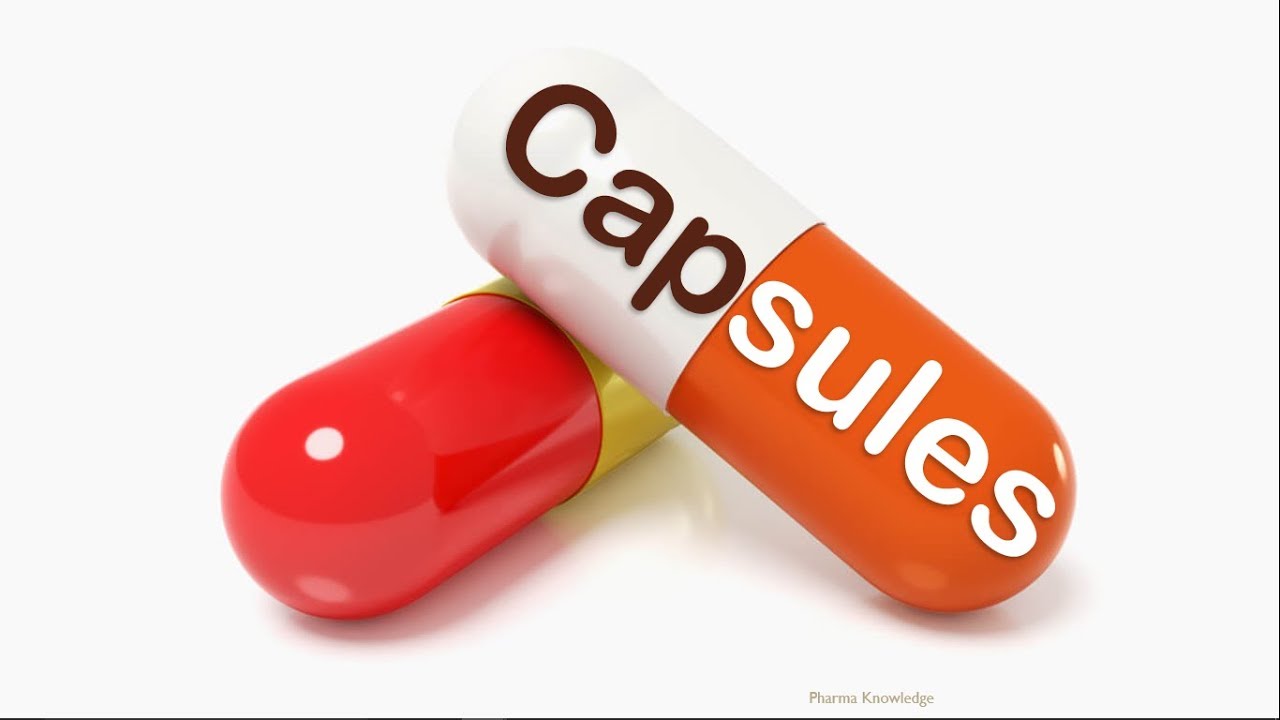Dipyridamole
Indications
Dipyridamole is indicated in Prophylaxis of thromboembolism following cardiac valve replacement, Secondary prophylaxis of stroke or transient ischaemic attack
Pharmacology
Dipyridamole causes an accumulation of adenosine, adenine nucleotides and cAMP by inhibiting the activity of adenosine deaminase and phosphodiesterase thus inhibiting platelet aggregation and may cause vasodilation.
Dosage And Administration
Prophylaxis of thromboembolism following cardiac valve replacement:
- Adult: 300-600 mg/day in divided doses with an oral anticoagulant.
- Child: 5 mg/kg/day in divided doses.
Secondary prophylaxis of stroke or transient ischaemic attack:
- Adult: As modified-release preparation: 200 mg bid, with or without aspirin.
- Should be taken on an empty stomach. Take 1 hr before meals. May be taken with meals to reduce GI discomfort.
Interaction
Aminophylline may reverse vasodilatation effect. Useful combination with aspirin in prevention of thromboembolism. Efficacy reduced by concurrent admin of antacids. Concurrent use may increase the cardiotoxic effects of adenosine.
Contraindications
Hypersensitivity. Peptic ulcer.
Side Effects
GI disturbances, headache, dizziness, faintness, facial flushing, skin rash, liver dysfunction, angina. Large doses may lower BP.
Pregnancy And Lactation
Pregnancy Category B. Either animal-reproduction studies have not demonstrated a fetal risk but there are no controlled studies in pregnant women or animal-reproduction studies have shown an adverse effect (other than a decrease in fertility) that was not confirmed in controlled studies in women in the 1st trimester (and there is no evidence of a risk in later trimesters).
Precautions And Warnings
In patients with rapidly worsening angina, subvalvular aortic stenosis, haemodynamic instability associated with recent MI or coagulation disorders esp when given IV during myocardial imaging. Hypotension, unstable angina, aortic stenosis. Pregnancy and lactation. Safety and efficacy are not established in childn < 12 yrs.
Overdose Effects
Symptoms: warm feeling, flushes, sweating, restlessness, weakness, dizziness, hypotension and tachycardia.
Management: treatment is symptomatic. Empty stomach by gastric lavage. Haemodialysis unlikely to be useful.
Therapeutic Class
Anti-platelet drugs
Storage Conditions
Store below 25° C.
